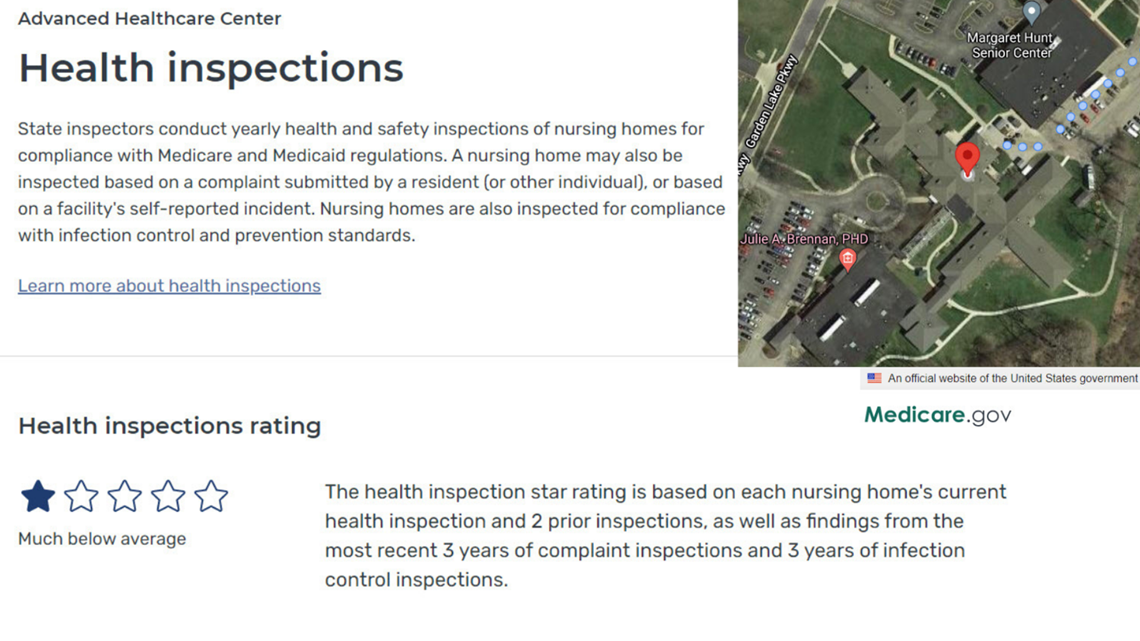


Again, these are often the exception, not the rule, and available options vary geographically. Exceptions may include if you purchase a Medicare Advantage plan with a specific agreement with a nursing home. Most Medicare plans won’t cover nursing home care. Which Medicare plans may be best if you need nursing home care in the next year? However, if you’re in a skilled facility receiving skilled nursing care, Medicare Part A will usually cover your prescriptions during this time. If a person lives in a nursing home, they’ll typically receive their prescriptions from a long-term care pharmacy that provides medications to those in long-term care facilities like a nursing home. Medicare Part D is prescription drug coverage that helps pay for all or a portion of a person’s medications. However, Medigap supplement plans don’t pay for long-term nursing home care. Plan K pays for about 50 percent of the coinsurance and Plan L pays for 75 percent of coinsurance. These include plans C, D, F, G, M, and N.

Some Medigap plans may help to pay for skilled nursing facility co-insurance. Medigap supplement plans are sold by private insurance companies and help to cover additional costs, such as deductibles. A few exceptions exist, including if a person’s plan has a contract with a specific nursing home or organization that operates nursing homes.Īlways contact your plan provider before going to a particular nursing home so you understand what services are and aren’t covered under your Medicare Advantage plan. Medicare Advantage plans (also called Medicare Part C) don’t usually cover nursing home care that’s considered custodial care. This portion of Medicare doesn’t usually cover nursing home stays. Medicare Part B is the portion of Medicare that pays for outpatient services, such as doctor’s visits and health screenings. Medicare may also cover something called “swing bed services.” This is when a person receives skilled nursing facility care in an acute-care hospital.

When does Medicare cover nursing home care?


 0 kommentar(er)
0 kommentar(er)
